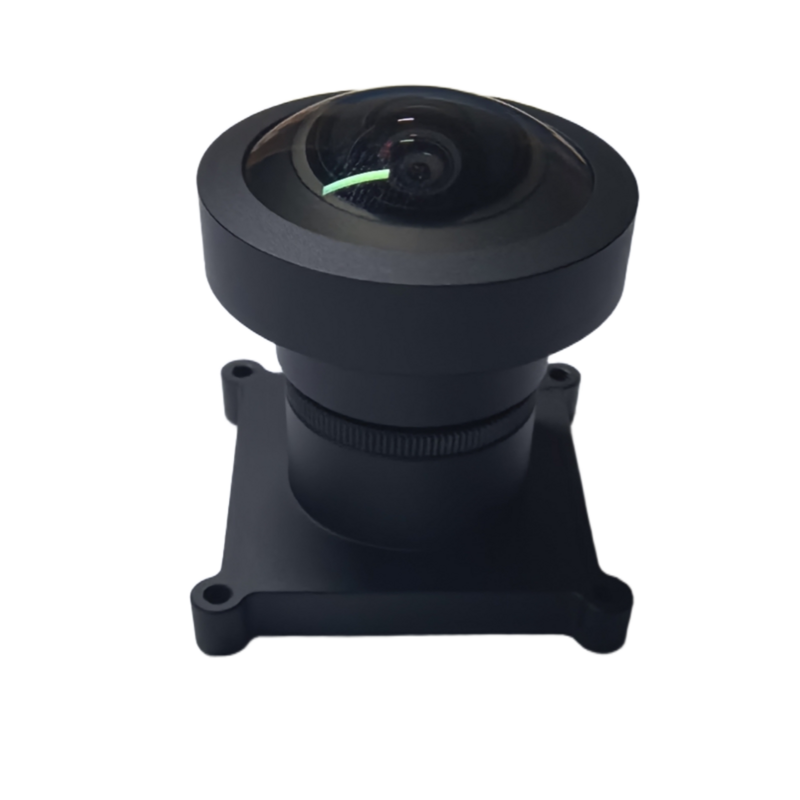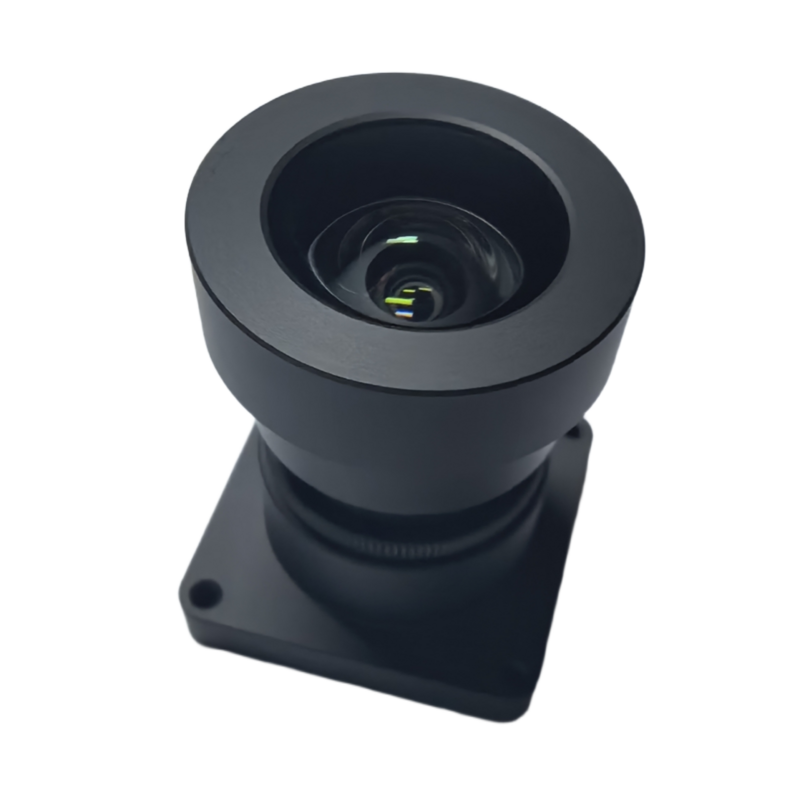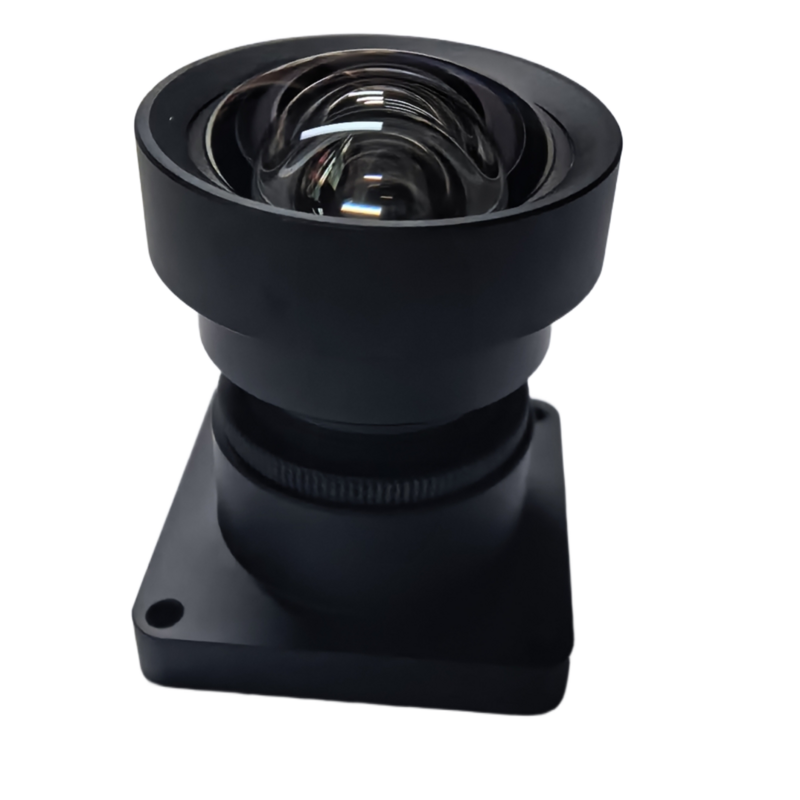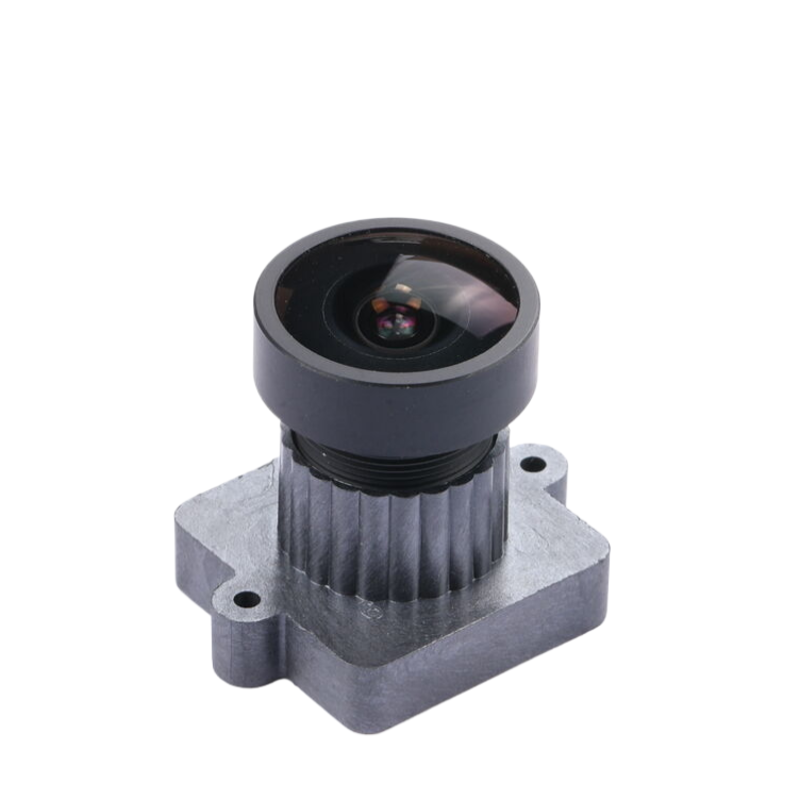Company News
Factors affecting the lens performance in car recorders
The lens is one of the crucial components of a car recorder that plays a significant role in capturing high-quality footage of the road. However, there are several problems that can arise with the lens, leading to abnormal functioning of the car recorder.
1. Quality of the lens
The quality of the lens used in car recorders determines the clarity and accuracy of the recorded footage. In some cases, low-quality lenses may be installed in car recorders to reduce production costs, resulting in distorted or unclear images. These lenses may fail to capture important details such as license plates or road signs, compromising the overall usefulness of the car recorder.
2. Lens misalignment
Misalignment of the lens can also lead to abnormal functioning of the car recorder. Due to various factors such as vibrations from the vehicle or accidental knocks, the lens can shift from its optimal position. This misalignment affects the focus and field of view, resulting in blurry or skewed footage. Additionally, misaligned lenses may cause excessive glare or reflections, making it difficult to interpret the recorded images.
3. Lens contamination and obstruction
Another common problem with the lens is contamination and obstruction. The lens surface can accumulate dust, fingerprints, or other debris, affecting the image quality. This issue is particularly significant for car recorders mounted on the windshield, as they are more prone to dust and dirt from the road. Additionally, obstructions such as raindrops, insects, or condensation on the lens can also cause distortion or obscuring of the recorded footage.
Effects of abnormal lens on car recorder performance
The presence of the above issues with the lens can have several negative implications for the performance of car recorders.
1. Compromised evidence collection
Car recorders are commonly used for insurance claims and legal purposes, where detailed and accurate footage is essential to establish fault or provide evidence. An abnormal lens can significantly reduce the reliability of the recorded footage, making it difficult to discern critical details. This compromises the effectiveness of the car recorder as a reliable source of evidence.
2. Reduced safety and surveillance
Car recorders also serve as a safety measure by capturing incidents or accidents on the road. However, with an abnormal lens, the recorded footage may not capture crucial details such as the actions of other drivers or road conditions. This hampers the ability to analyze and learn from such incidents, ultimately reducing the overall safety and surveillance capabilities of the car recorder.
3. Inadequate image recognition
Modern car recorders often come with advanced features such as lane departure warnings and collision avoidance systems. However, an abnormal lens can hamper the accuracy of these systems due to distorted or unclear images. This compromises the effectiveness of these safety features, potentially putting the driver and others on the road at risk.
Conclusion
In conclusion, the abnormal functioning of the lens in car recorders can arise due to factors such as lens quality, misalignment, and contamination. These issues can have detrimental effects on the performance and reliability of car recorders in terms of evidence collection, safety, and image recognition. Manufacturers and users should be mindful of these problems and take necessary measures to ensure proper lens maintenance and quality.
 English
English  German
German Japanese
Japanese Korean
Korean Vietnamese
Vietnamese French
French Spanish
Spanish भारत
भारत



